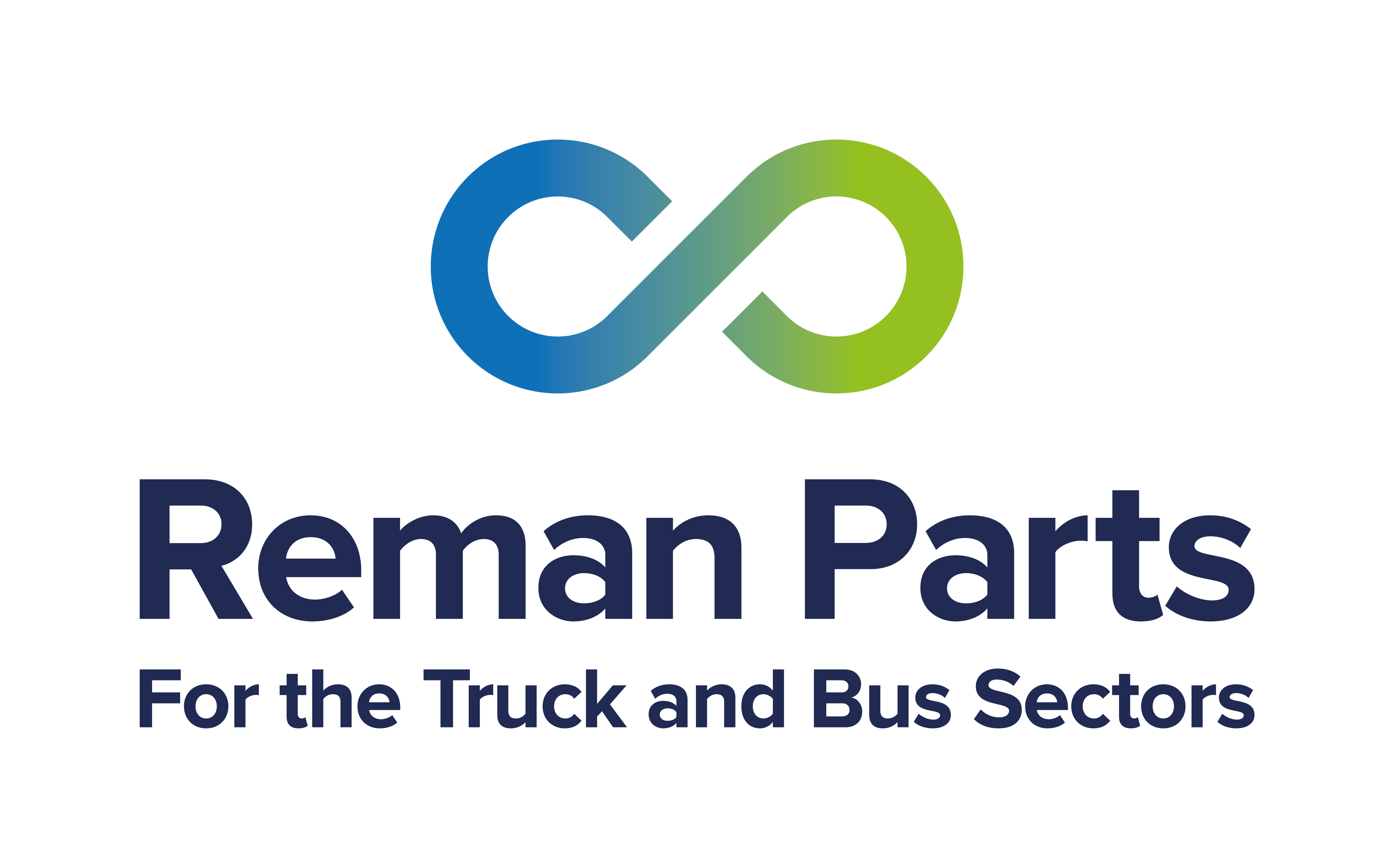Why AdBlue, A Major Asset In The Fight Against Emissions, Is Being Neglected?
The introduction of clean air zones, and the Euro 6 regulation, has put more pressure than ever on fleet owners to ensure the amount of harmful gases from vehicles is kept to a minimum. Because of this, manufacturers are creating new ways to battle these issues, one of which is AdBlue.
While AdBlue offers an innovative solution to fleet managers and operators in the fight against harmful emissions, the Driver and Vehicle Standards Agency recently issued a warning after roadside checks uncovered very high levels of vehicles using emissions-cheating devices to disable their AdBlue systems.
Marc Haley, director at Alliance Transport Technologies – aftermarket solutions provider for the commercial vehicle industry – discusses the dangers associated with manually disconnecting AdBlue pumps, and how the repercussions can be damaging to a business.
Automotive manufacturers are governed to follow stringent emission regulations, some of which have challenged the development of diesel engines. Euro 6 has limited the toxic emissions in exhaust fumes on every new vehicle sold in Europe since September 2015 – a rule that has quickly made AdBlue one of the main methods used by manufacturers to meet these targets.
AdBlue is a combination of demineralised water and chemically formed, hydrolysed automotive urea. Small amounts of this highly corrosive substance are injected into the flow of exhaust gases in the SCR (selective catalytic reduction) system, where the harmful nitrogen oxide in the fumes reacts with the active ammonia found in AdBlue and transforms into harmless nitrogen and water.
This process has provided a major breakthrough for the automotive industry when it comes to reducing vehicle emissions, so why are drivers bypassing their AdBlue systems at an all-time high?
Modular devices are available to buy but illegal to install in a vehicle. These devises plug into the OBD2 connector of a commercial vehicle and emulate working NOx sensors, overriding the whole system. Some commercial vehicles that are fully Euro 6 compliant may shut down completely if they run out of AdBlue – so simply not replenishing levels isn’t an option. The bypassing devices trick electronic control units into ‘thinking’ that the SCR system is functioning normally, even though there is no emission control fluid present.
If a vehicle’s dosing pump is full of AdBlue when a bypassing device is installed, the substance will become highly corrosive and if the pump is switched back on at any point, it will cause significant damage to the components within the system.
A key reason drivers and operators are investing in these devises is to avoid the expense of buying AdBlue to keep fleets topped up. Buying large quantities of AdBlue frequently is a big cost. 1,000 litres, enough for around 15 vehicles, can cost up to £250, so one-off payment for a £50 modular device may seem more appealing, which is not the case.
It can also be a costly expense keeping SCR systems well maintained. Regular services and cleaning can be a large investment, nonetheless an essential one to ensure a vehicle is performing efficiently. Once again, the costs of keeping up with these routine checks may be expensive but should not be overlooked. Repairing an emission control system could set back fleet owners up to £4,000, so keeping them in good condition is important. There is alternative solutions available, including opting for a remanufactured dosing pump, which is a much cheaper option than repairs or purchasing a whole new system.
Regular roadside checks are carried out across the country, and in some cases, if one truck is found to be using a bypassing device, the whole fleet will need to be recalled and checked – costing fleet owners valuable time and money. Vehicles may be seized, and significant fines could also be issued depending on the severity of the AdBlue avoidance. In some cases, operating licences have been revoked preventing them from continuing to work within the industry.
When it comes to the automotive industry, it is always worth investing the money into the correct processes. This results in a fleet working at maximum performance with no risks of recall, fines or vehicles seizures. With councils across the country striving to reduce emissions, AdBlue is definitely a step in the right direction and it cannot be taken for granted in the fight against air pollution. While it may be a big investment to utilise AdBlue across a commercial fleet, the consequences of evading using it can be expensive, time consuming and damaging for a company’s reputation.
To find out more about ATT remanufacturing, visit: https://alliancett.co.uk/remanufactured-parts/
To find out more about ATT new parts, visit: https://alliancett.co.uk/new-parts/
